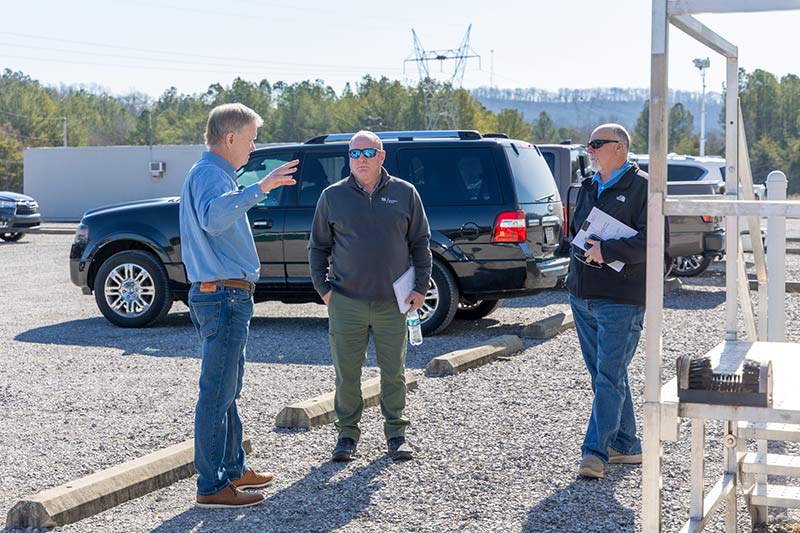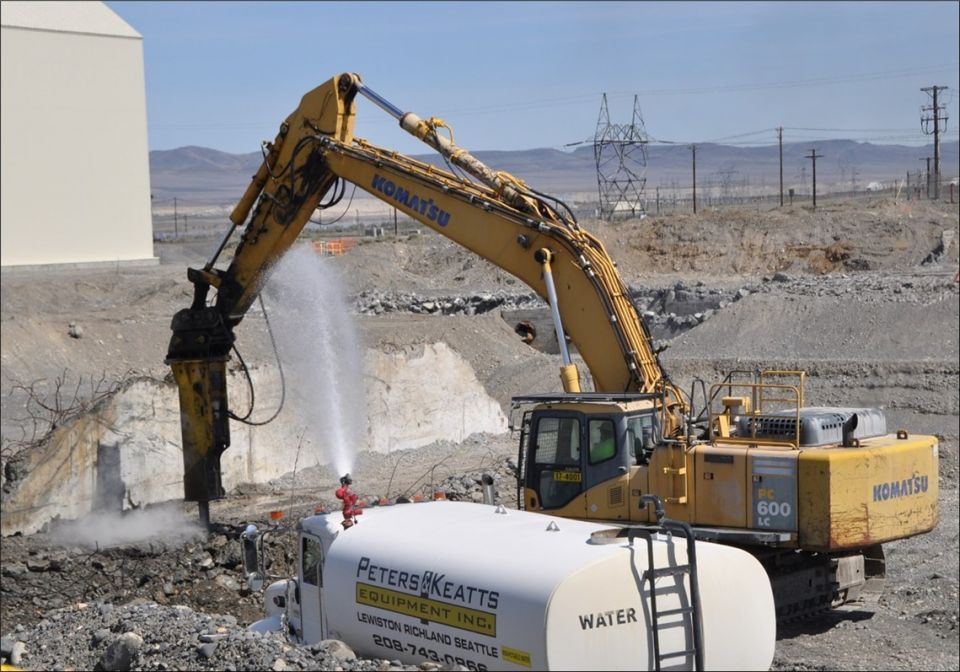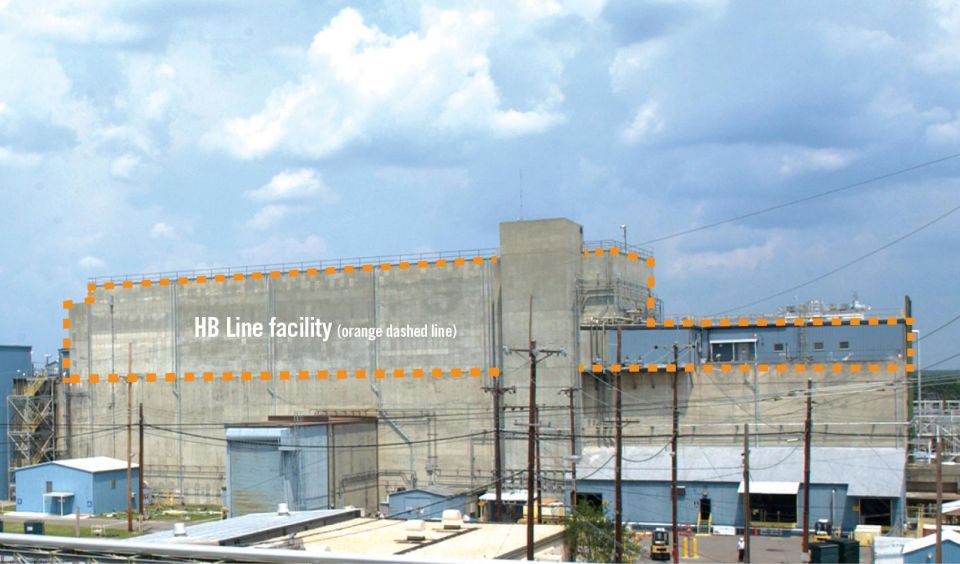These potential losses prompted Thomas Hochman, director of infrastructure policy for the nonprofit Foundation for American Innovation, to organize a letter to Energy Secretary Chris Wright, cosigned by dozens of organizations, including nuclear companies, advocacy groups, and labor organizations.
As of April 11, the extended deadline for the deferred resignation program, the DOE did not have final numbers to report on how many people had opted into the retirement program, according to the Washington Examiner.
The letter: Signatories asked the Trump administration to consider the importance of the LPO’s work and its impact as it weighs budget and staffing decisions across the DOE.
“The office’s ability to underwrite and monitor large-scale energy projects depends on specialized technical staff and institutional capacity. Without them, the federal government risks slowing or stalling the diverse mix of energy projects that serve national priorities, such as new nuclear energy development for powering AI data centers—undermining investment certainty and weakening American competitiveness,” the letter states.
Nuclear-specific examples of recent LPO funding efforts include the long-standing loan for Plant Vogtle’s AP1000 reactors in Georgia, the only new commercial nuclear reactors built in the U.S. in the last 30 years; and a $1.56 billion loan guarantee to Holtec in support of the restart of Palisades nuclear power plant in Michigan.
A closer look: Emmet Penney, a senior fellow at FAI, shared insight with Nuclear Newswire on the potential impacts of Trump’s Department of Government Efficiency as it looks to make cuts at government agencies.
“As DOGE moves across the government, it is trying to downsize staff at various agencies across the board, and we are concerned that now that it’s looking at the DOE that we are going to see losses in the Loan Programs Office, which is already lean and highly efficient, compared to its private-sector peers,” Penney said.
“If we can’t leverage the LPO to de-risk these projects so that private capital wants to lend for new nuclear, so that utilities want to buy new nuclear, and so that people want to build new nuclear, then new nuclear won’t happen. The private sector cannot bear the risk. They will not bear the risk alone. This is especially true in an environment with ongoing ambiguity about supply chains and tariffs,” Penney added. “The trade war and its uncertainties has elevated the LPO from ‘important’ to ‘necessary.’”
Tyler Norris, a Ph.D. candidate and the James B. Duke Fellow at Duke University’s Nicholas Institute of the Environment, shared April 16 on the social media platform X that LPO “could be crucial” for nuclear scaleup.
“Given the substantial upfront capital investment over an extended construction timeline required for nuclear generation . . . federal support will be required,” Norris said.
Call to action: Penney urges nuclear advocates—both people and organizations—to contact the offices of the president, the DOE, or lawmakers in support of the LPO and its value to nuclear projects and innovation.







